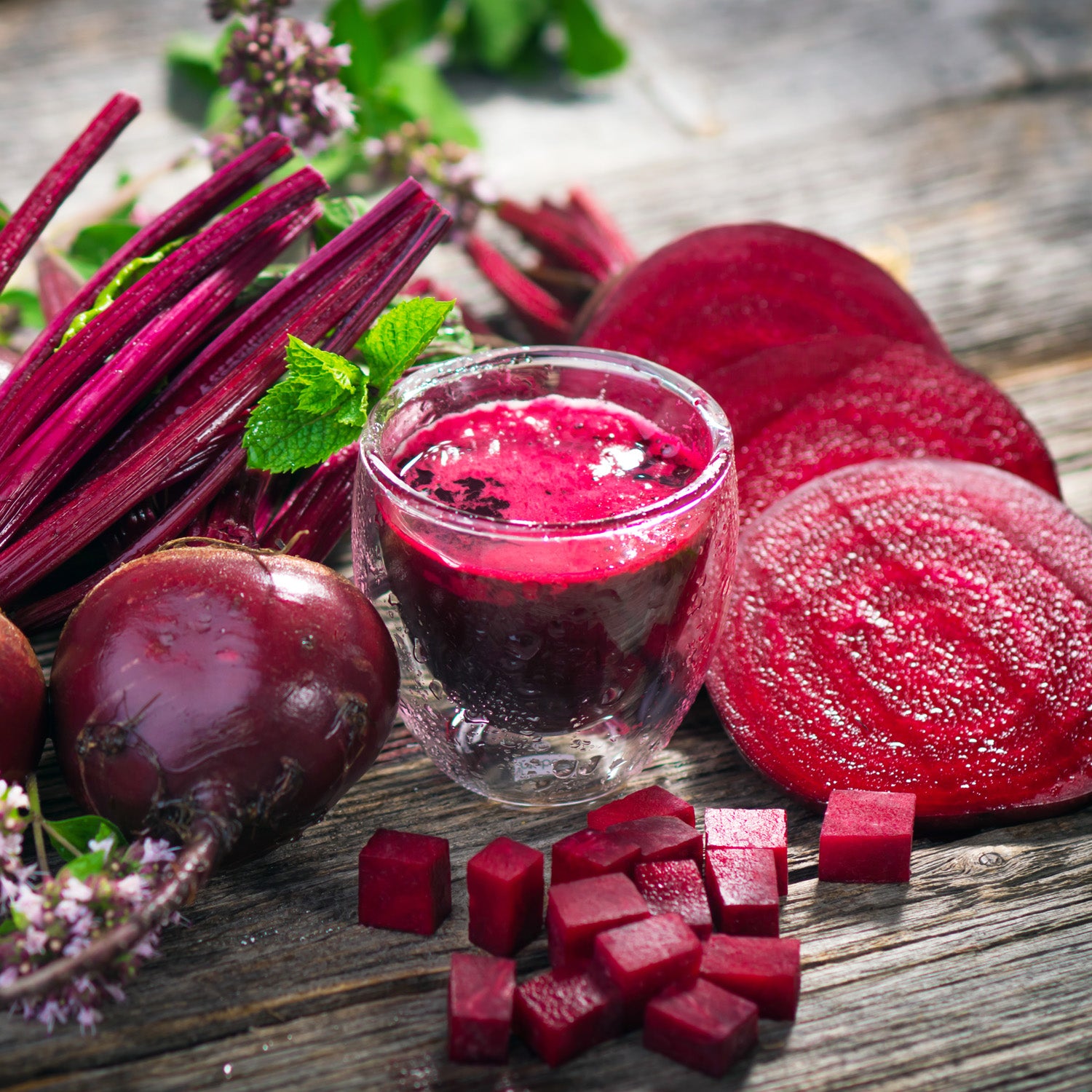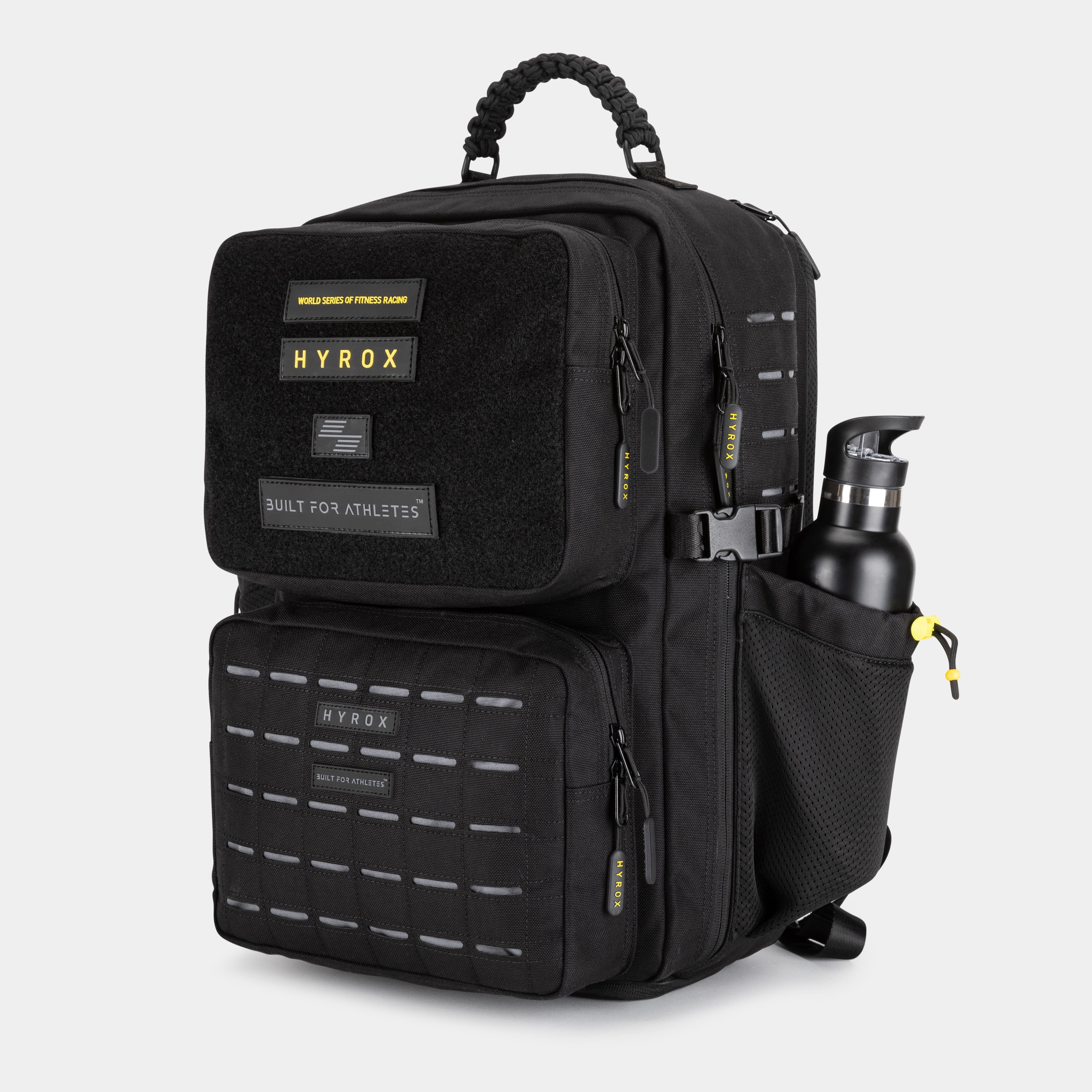Beet shots and beetroot juice have become extremely popular among endurance athletes in recent years.
There’s a lot of information around about how it works and what it does to the body.
Here, Built for Athletes takes a look at whether beetroot juice really aids athletic performance.
Why Take Beetroot Juice Before Exercise?
The nitrate content in beetroot, which is converted into the gas nitric oxide by the body, makes it a useful supplement.
Nitric oxide is naturally occurring in the body and performs a number of functions, one of which is to increase blood vessel dilation which allows for more oxygen to be supplied around the body.
In muscles, nitric oxide can also help with making contractions more efficient and improve the energy generation of mitochondria.
These processes enable the body to exercise while consuming less oxygen.
Is There Evidence That Beetroot Juice Aids Athletic Performance?
There have been a huge number of scientific studies into the effect of supplementing nitrate through diet.
It was Swedish researchers who first started looking into the area in 2007, finding that nine athletes who supplemented sodium nitrate lowered their oxygen demand during exercise compared with a placebo of table salt.
That led to a further study at the University of Exeter which studied the effects of drinking either 500ml of beetroot juice or a blackcurrant alternative containing minimal nitrate. The researchers again found that not only did the beet supplement increase levels of nitrate in the blood, but it also improved the oxygen cost of exercise by an impressive 19 per cent and increased the amount of time athletes were able to exercise until exhaustion.
And these early findings have been backed up by a wealth of bigger studies in recent years.























































Share:
Is Exercising With A Face Mask Dangerous?
Will Barotti Broke Bench Press World Record On 3 Days’ Training A Week